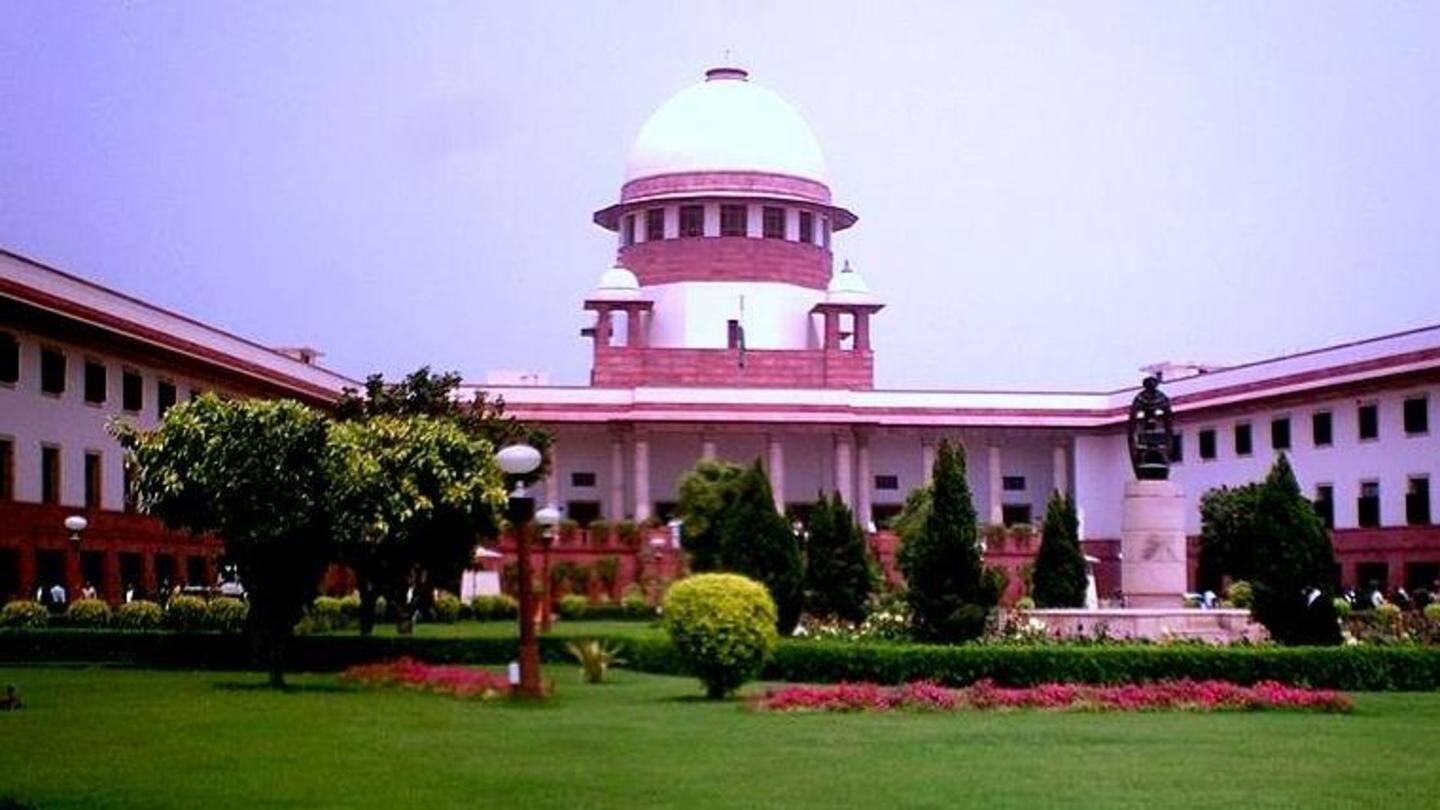
Right to know: SC, Center want live-streaming of court proceedings
What's the story
In a significant move towards transparency, both the Center and the Supreme Court (SC) today favored live-streaming of court proceedings. Rape cases, matrimonial disputes and in-camera hearings will be exempt. In the next step, the petitioners have been directed to submit suggestions for framing guidelines on the same to Attorney General KK Venugopal, who will have to submit a detailed proposed by July 23.
Twitter Post
'Detailed proposed guidelines by July 23'
Live-streaming of important court hearings or proceedings of Supreme Court: Supreme Court asks the Attorney General (AG), KK Venugopal to submit a detailed proposed guidelines on the issue by July 23.
— ANI (@ANI) July 9, 2018
Petition
Indira Jaising filed a petition with a law student
Advocate Indira Jaising and law student Swapnil Tripathi had filed a plea seeking live-streaming, video recording or transcription of court proceedings. Live telecast would help increase access to courts and "negate the chances of any misreporting, errors or second-hand information," Jaising had claimed in her petition. Tripathi had sought setting up of live-streaming rooms in the SC premises and access for legal interns.
Arguments
'Right to seek and receive information is a Fundamental Right'
The "right to seek, receive information including live-streaming of SC proceedings" is a Fundamental Right under Article 19(1)(a) of the Constitution, Jaising stated. Some cases are anyway of "national importance," she argued, including constitutionality of Aadhaar and women's entry in Sabarimala. Her petition, however, acknowledges there are cases demanding privacy, such as family law and criminal law, and there may be restrictions for them.
Quote
Such facilities already in place elsewhere: Center backs move
On May 3, the SC asked the Center to respond to the pleas. Appearing on the Center's behalf, Venugopal supported the petition, saying such a facility is in place in several countries. All court proceedings, and not only constitution bench matters, should be streamed live, he submitted.
History
SC working on increasing transparency in small steps
In March'17, in a bid to increase transparency, the SC had directed installation of CCTV cameras inside courts, and at strategic locations inside the court complex, in at least two districts in every state/union territory. In August, it extended the same order to all subordinate courts too. It observed that such steps would be in "larger public interest."